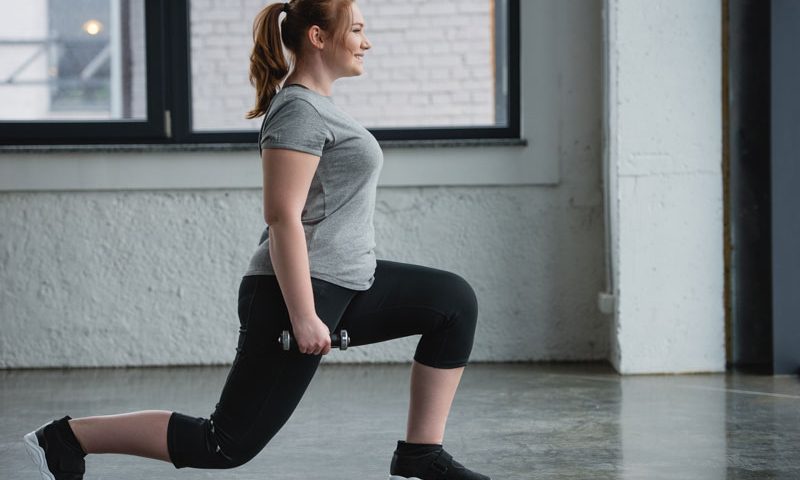How can exercise help you manage hypothyroidism?
Exercise and Hypothyroidism
Hypothyroidism occurs when our thyroid glands do not produce enough of certain hormones, specifically triiodothyronine (T3) and thyroxine (T4). The condition can be difficult to detect, and an imbalance can cause or influence a great variety of health problems. Hypothyroidism can produce symptoms such as dry skin, brittle nails, chronic pain, chronic fatigue, metabolic issues, and depression. There are several different causes that can lead to hypothyroidism such certain medications, radiation therapy, treatments for hyperthyroidism, thyroid surgery, and autoimmune disease.
Levels of thyroid hormones can affect your body as it relates to exercise in numerous ways. It can reduce the amount of blood pumped by the heart, reduce the amount of fat extracted from cells and delivered to muscles, and affect recovery rates, insulin sensitivity and bone metabolism. However, despite the challenges those with hypothyroidism may face when it comes to exercise, it can greatly benefit the health of those diagnosed with this condition.
Benefits of Exercise for Hypothyroidism
Symptoms such as fatigue, achy joints and weight gain can make it difficult for those with hypothyroidism to stay active. Though it can be a strenuous task given the symptoms, exercise can actually help to lessen them over time. Regular exercise, not necessarily involving intense workouts, may help and even eliminate some of these symptoms.
One of the first symptoms of hypothyroidism is usually weight gain. While the right medication can help prevent this, exercise and weight loss can be a great addition to a treatment plan. Weight loss for those with hypothyroidism can also help with any added stress on the joints.
While those with hypothyroidism may mainly experience fatigue during the day, the condition may also affect sleep – both in quantity and quality. While medication can help with getting your thyroid hormones back within a better range to improve your sleep quality, exercise can also help with sleep apnea which can be caused by weight gain. In addition to sleep apnea, you may also have night sweats or frequently wake up during the night due to hormonal changes. Exercise can also help with insomnia and quality of sleep and recent research has indicated the exercise can produce similar effects to those of sleeping pills.
Even just 10 to 15 minutes of exercise can make a difference for your health when it comes to symptoms of depression related to hypothyroidism. Depression is a common symptom of many thyroid disorders, and exercise can relieve many of its mental and physical symptoms. Exercise can help you better cope with depression as well as releases endorphins to improve your overall mood. Talk to your doctor about your current medications, including antidepressants, and how best to navigate adding exercise to your daily routine.
Exercise Plans for Hypothyroidism
While many recommend cardio as being crucial for weight loss, strength training call help you keep the weight off as well. Since muscle burns more calories than fat, you may want to consider making strength training part of your exercise routine at least a few days a week.
If you find exercise such as running or strength training to greatly worsen fatigue symptoms, you may want to try low impact exercises such as swimming, using an exercise bike, or walking. Lower impact exercises are good for building muscle and boosting the metabolism as well. Talk to your doctor if you are just starting an exercise routine, and they can recommend what is best for your health at your current fitness levels. You may also consider working with a personal trainer or physical therapist.





